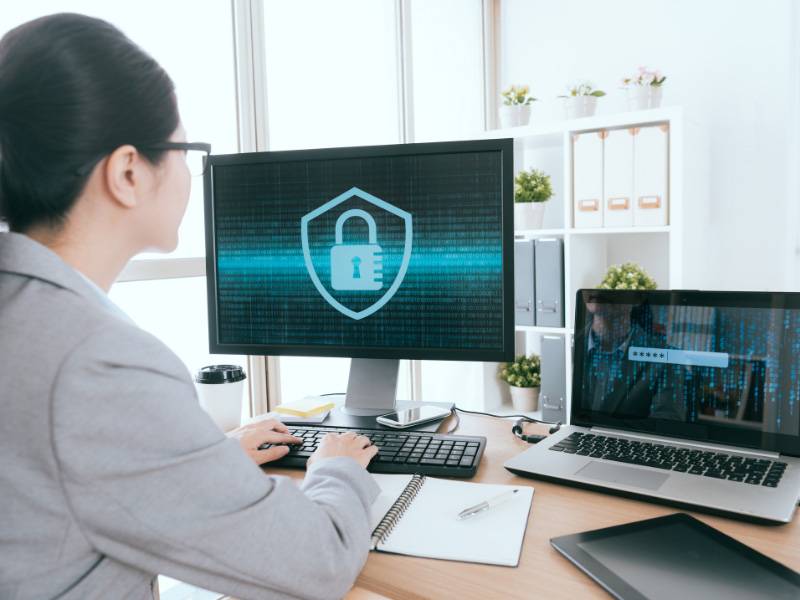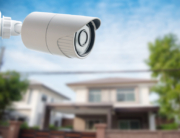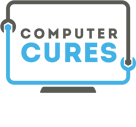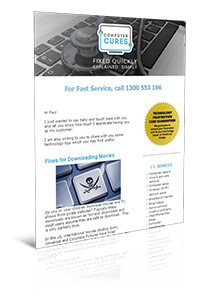Home / Handy Tips /

The way we use technology over the last few years has changed as we manage more of our lives and businesses online. However, the more we share online, the more vulnerable we are to data breaches.
According to the Australian Cyber Security Centre’s latest threat report, they received 67,500 cybercrime reports in the 2020-2021 financial year – that’s one report every eight minutes.
Recently data breaches of large Australian corporations like Optus, Energy Australia and Medibank have made the news, and these businesses have teams of people to ensure the safety of their data.
The State of Ransomware in Australia 2022 report released recently by global security leviathan Sophos, revealed that 80% of Australian respondents were hit by ransomware in the last year. This represented a marked increase from 2021 and disturbingly the average bill to recover from an attack was over $1.5 million
The only upside of these events is to remind us to increase our online data security. So, we have put together our top five tips to stay safe online.
1. Use Multi-Factor Authentication
Multi-factor authentication (MFA) requires multiple authentications from independent sources to verify your identity. Activating MFA is crucial because it gives you an extra layer of protection by using three different factors including:
- Your username, password, pin or security question
- A verification code sent to your device, a multi-factor authentication app or a token that is in your possession
- Biometric scanning, like your fingerprint or your face
We recommend learning more about this by reading our recent article on multi-factor authentication.
2. Use stronger passwords
Often, we get lazy with our passwords, but a strong password is paramount when improving digital security. You should never use your loved ones or pet’s names, birthdays or easy to guess passwords like ‘password’, and always include upper- and lower-case letters, numbers and special characters.
It’s also essential to use different passwords for your various accounts and devices, as this significantly reduces the risk if one of your passwords should be hacked. If you struggle to remember all your passwords (especially for businesses that use clients’ passwords), we recommend using password manager software such as Lastpass or Passpack.
3. Train your team
If you have several people accessing the internet on your home or business network, they should understand the risks of getting hacked and the signs to look out for. For a start, you can send them this article and begin the conversation about data security.
4. Take care clicking links in emails
Don’t click links in emails unless you are sure they are safe. You can check the safety of your emails by checking if the senders’ email address is correct. Hackers may change a single character in an email address and replicate the email format to get you to click on a nefarious link.
If you’re even slightly concerned, follow your instincts and reach out to the provider to confirm it’s a valid email. As a rule, no reputable business will ever ask you via an email to send personal or financial details.
5. Install security updates
Always install security updates promptly. The providers of your technology (PC, laptop, smartphone or device) regularly bring out updates that have fixed security vulnerabilities. So, it’s essential to install security updates ASAP.
How we can help
If you’re feeling overwhelmed at implementing the proper security measures to keep your data safe, we can work with you to create a secure network. We can audit your online systems, and help you with updating the privacy settings on your social media and devices, to keep you and your data safe online.
Stay Safe
At Computer Cures, our expert team can help you improve your online security to help protect against online scams and hackers. Give us a call on 1300 553 166, to see how we can tighten up the security across all your devices and accounts.








Leave A Comment